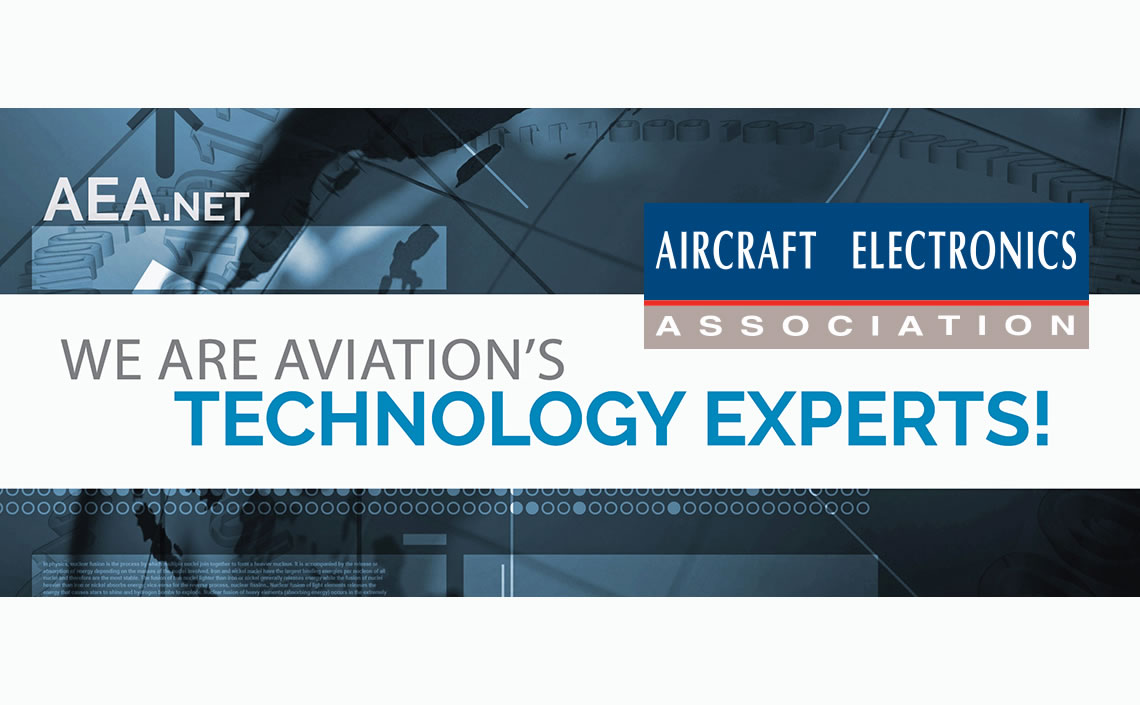SUMMARY:
As a result of the pandemic, Transport Canada Civil Aviation has responded quickly to the needs of the industry in order to allow all those able to continue some form of business to do so within the bounds of the requirements. TCCA has also effectively switched to having most staff members work remotely, maintaining a high level of coordination and contact.
TCCA has issued several exemptions and interim guidance documents that officially allows operators and maintainers to operate without the worry of exceeding some time limit or expiry date. These exemptions include PPC check extension periods, aerodrome emergency plan testing extensions and AME licensing extensions.
The following items are specific exemptions or guidance issued that most affect AEA member companies:
An internal process bulletin has been issued to approved training organizations to allow them to use alternative methods to deliver the theory portion of the program as well as to set examinations. TCCA has not specified the method, but only provides the requirements to do so. A general letter has been issued to the ATOs that provides the authorization. This letter needs to be incorporated into the ATOs policy manual, and they must inform their PMI.
Interestingly enough, TCCA has been working on a change to AWM 566 to allow for alternate methods of training. This NPA is in process and was planned to be rolled out next year, but it has helped in issuing this IBP.
An internal process bulletin has been issued to allow air operators to apply for a deviation to their maintenance schedule. The allowance could be issued to up to 30% of the original interval. The air operator must apply to TCCA to receive the authorization and must include the justification for the deviation. The justification may need to include some alternate method, test or inspection. The ability to request a deviation has always been included under CAR 605, and guidance exists in MSI 66. This information can be used to help the air operator to prepare a request.
An exemption has been issued to extend AME licenses whose expiry date falls between March 1, 2020, and Aug. 31, 2020. Those individuals whose license expires in this period will not need to renew. The ability to renew is still available, however, but it will take longer than usual, and a paper interim license will not be issued.
An internal process bulletin has been issued to allow air operators to use FAA Part 145 repair stations that do not have an approved supplement. Every attempt should be made to continue to use a properly approved Part 145 repair station. However, if it is necessary, the air operator shall provide the repair station information to their PMI. Of course, the repair station must be properly rated to carry out the required repairs.
For further details and to see all of the measures taken by TCCA due to COVID-19, click here
AEA COMMENTARY:
TCCA is focused on maintaining safety in this crisis and, therefore, will not be putting a lot of effort into its already large workload in regulatory and guidance development. This is understandable, but we must be ready to help move things forward as we head back to normal. Industry can be a great resource to move this process quicker. At the AEA, as always, we ask for your participation to help in the process and ensure we have the best system possible.
The AEA team is actively researching and identifying resources to support the membership, their business and their employees. More information can be found on the AEA COVID-19 resource page available to all members.
FOR MORE INFORMATION:
Contact Ric Peri, AEA vice president of government and industry affairs, by email at ricp@aea.net or by phone at 202-589-1144.

